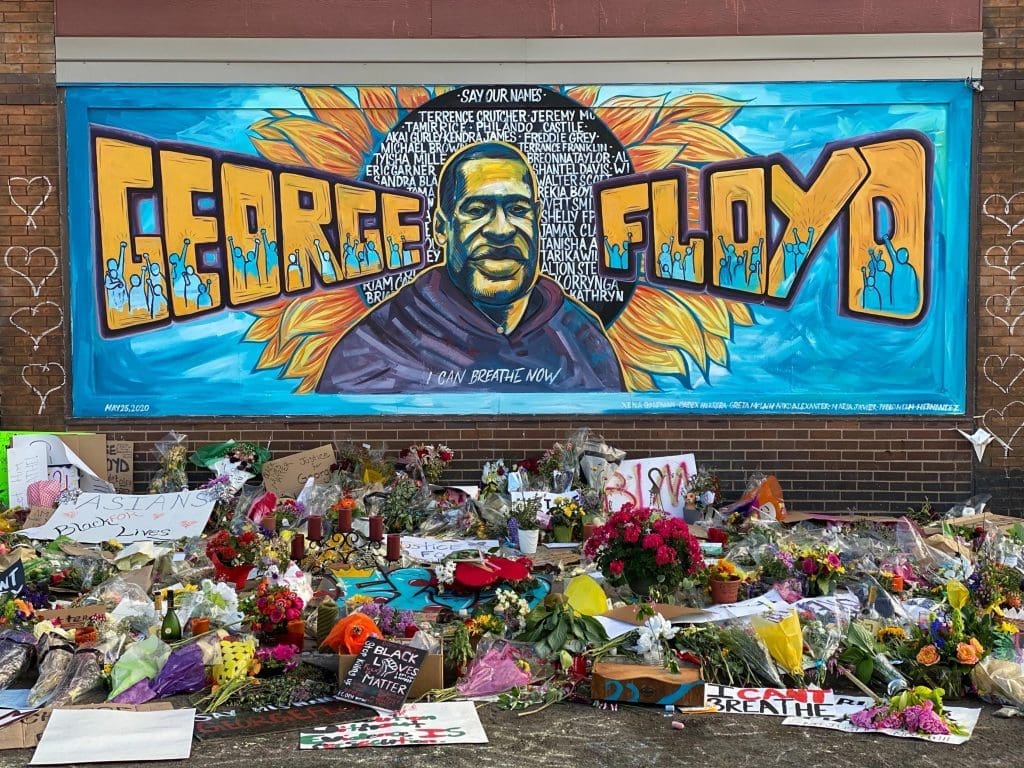A Note to Our Community On George Floyd
Youth Frontiers is deeply saddened by the tragic death of George Floyd at the hands of Minneapolis Police Officers. We send our deepest sympathies to the Floyd family. Youth Frontiers joins with our nation in grieving his death.
We stand with everyone around the nation in denouncing the ongoing killings of Black Americans whose lives have been unjustly taken. Because, we believe that Black lives matter.

For too long our society has not focused enough on the violence and oppression against people of color. We must do something to end this injustice.
For over 30 years, Youth Frontiers has inspired character values in over 2 million young people. We do this in order to create better schools and communities. Our Manifesto speaks to the importance of character in the midst of the inequality and injustices we must overcome as a nation.
Character matters. It’s what motivates a person to be a force for good. Character is what moves a person to make responsible decisions despite their fears. It’s what leads a person to realize that they matter, that others matter and that everyone’s actions matter.
Youth Frontiers recognizes we need to do more.
Going forward, Youth Frontiers will do better to serve all communities by expanding our work around diversity, equity, and inclusion. As an organization, we are stepping up to serve our community. That is why our staff is committing to weekly community service this summer focused on organizations that support communities of color.
And so, Youth Frontiers will continue to challenge ourselves. We will help our next generation create a community where the opportunities and principles of our nation truly are for all.



